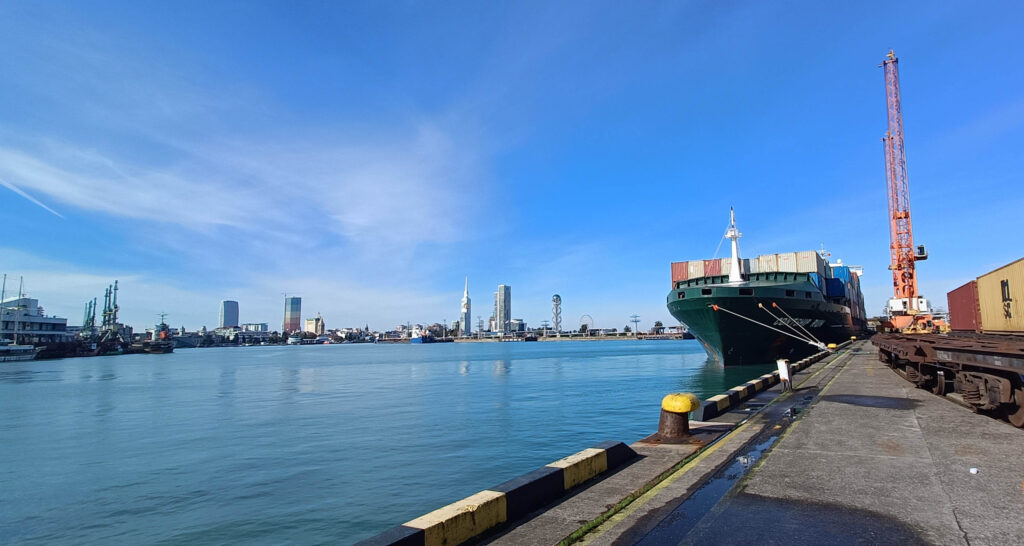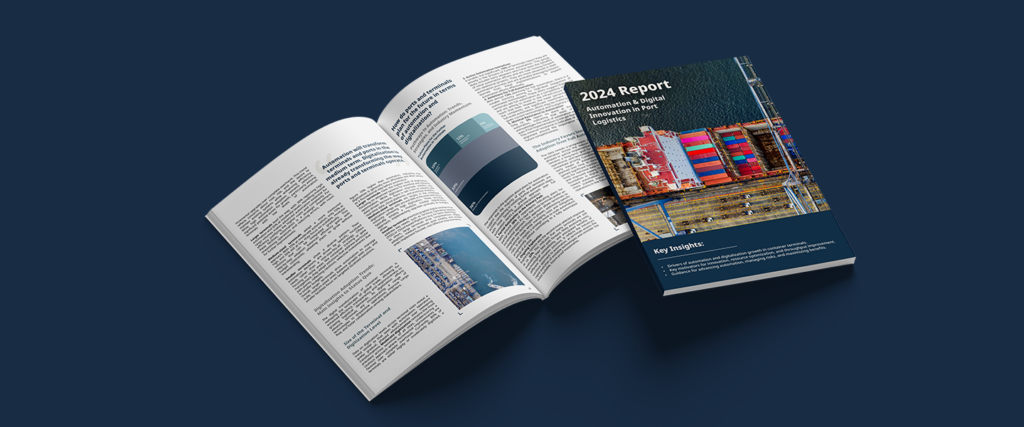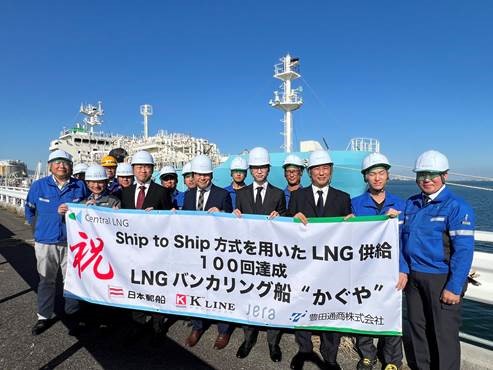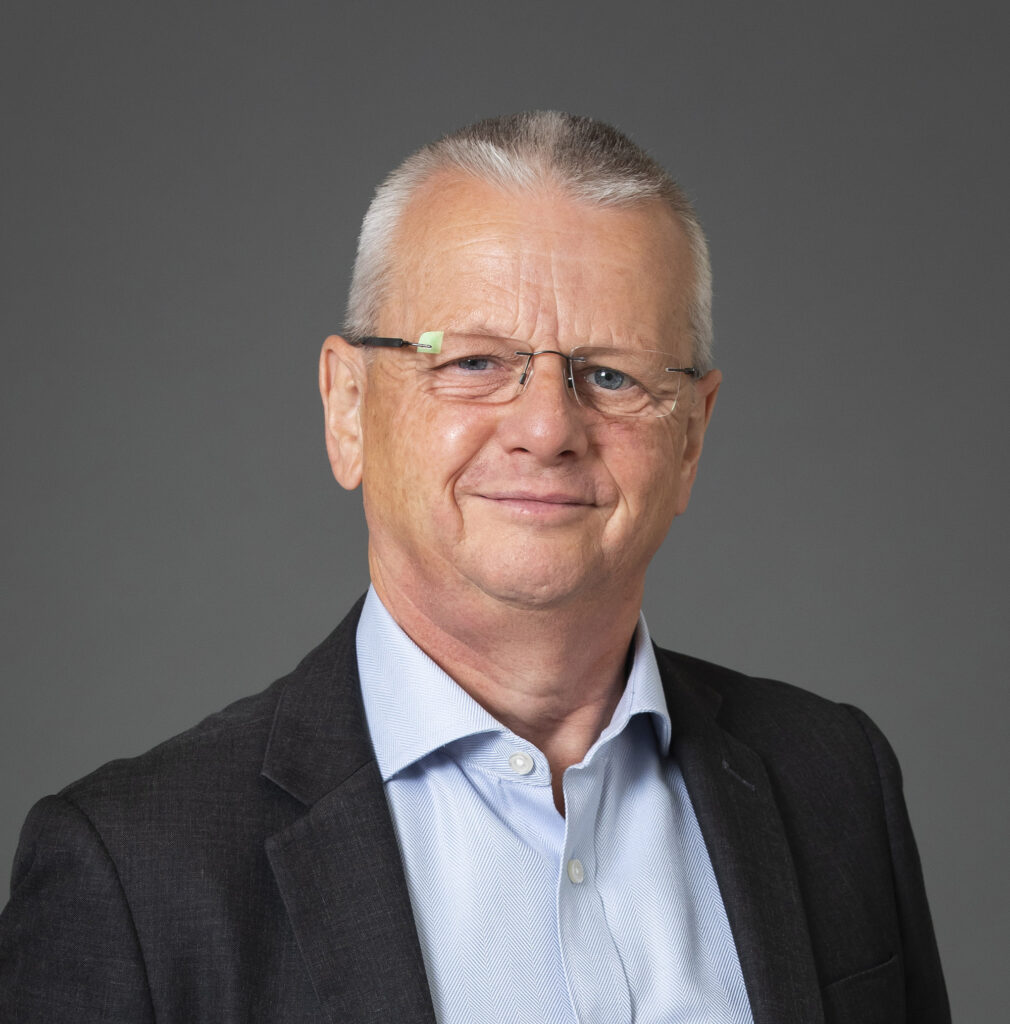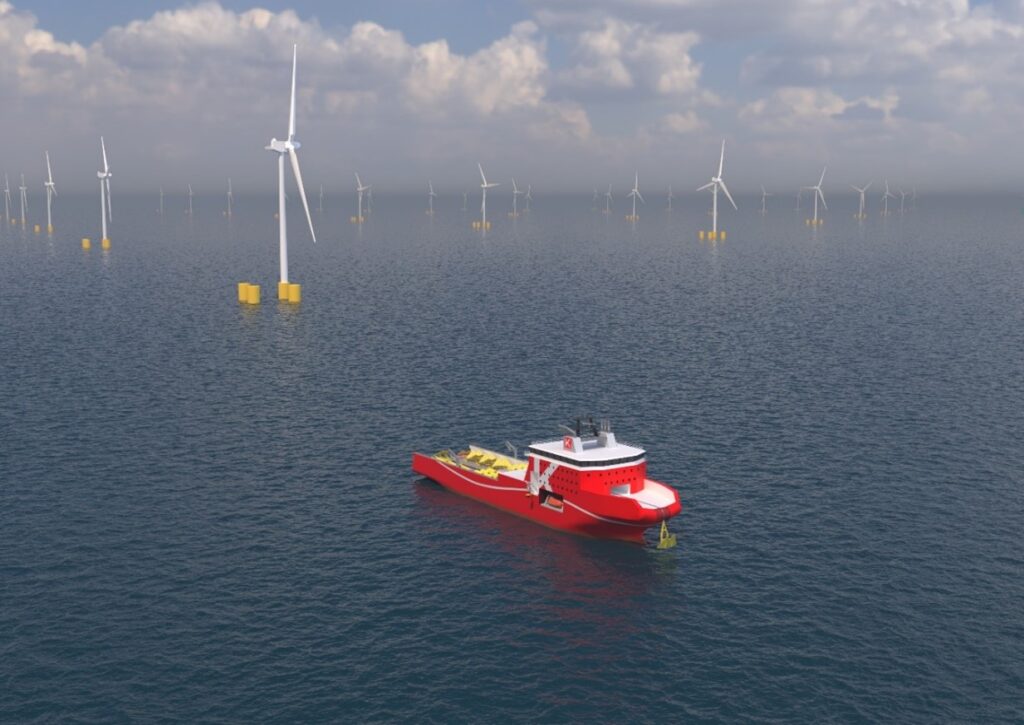Kawasaki Kisen Kaisha, Ltd. (“K” LINE) held a global meeting for the car carrier business at the company’s head office in mid-November.
Twenty-six local staff members and representatives from five major overseas offices participated in the meeting, which was divided into themed sessions: the sales and strategy were held in the three-day period from November 11 to 13, and the operation and transportation quality held over two days, November 14 and 15.
The sales and strategy sessions were attended by about 30 people in total, including local staff members and representatives from major overseas offices and head office staff. A growth strategy leading to environmental actions and business reinforcement was openly discussed on the basis of a theme, Deep-Diving Competitive Position Analysis and “K” LINE’s Growth Strategy.
A total of about 25 people, including the local staff members and representatives assigned to operation control and procurement at each location and head office staff, attended the operation session and confirmed the sharing of roles and responsibilities between the different offices to achieving optimal operations and procurement. They had a lively discussion about the specific actions that should be taken by each location, with safety and compliance with laws as the foundation for optimal operations, and quality and sustainability as the foundation for optimal procurement being major focuses.
A total of 26 people, including local staff members and representatives from overseas offices and head office staff, attended the transportation quality sessions. They discussed specific examples of accidents and problem solving at each location and reviewed the current cargo handling procedures with the goal of ensuring the increased quality of our transportation services for customers. Moreover, a new scheme for revising the procedures in a timely manner for safe transportation was established.
Through these regular global meetings, the different offices will pursue sustainable business activities by sharing ideals and cooperating with each other. “K” LINE is committed to the development and sustainable growth of the car carrier business and to its social mission of supporting the supply chain of the automotive industry.







